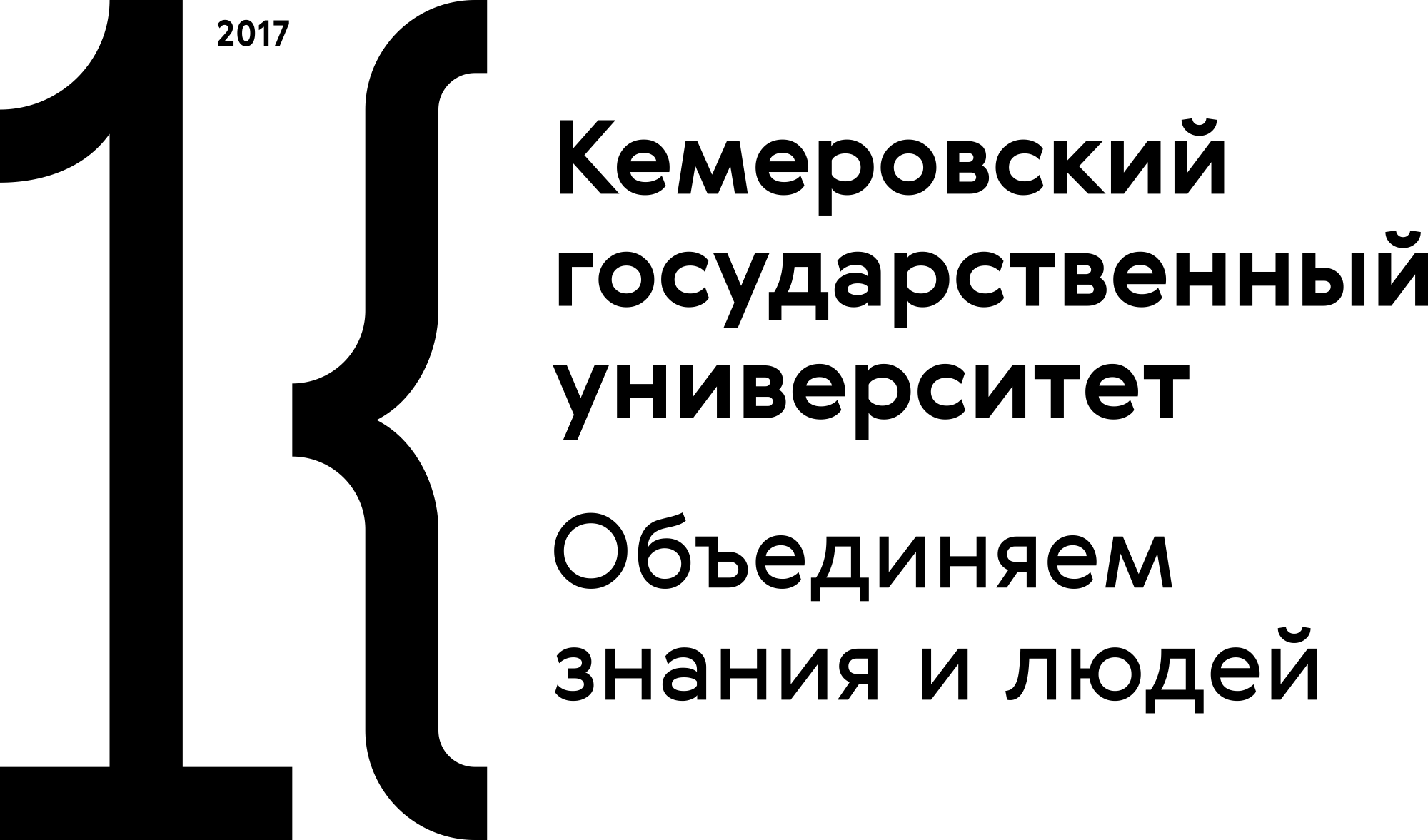Perm', Russian Federation
UDC 32
The migration and the problem of preserving national identity remain the central issues of the political agenda and public debate in many modern countries. The article discusses the views of the French imam Tareq Oubrou – the author of the concept of "sharia of the minority" – on the issues of Muslim identity, as well as the integration of migrants in France. T. Oubrou symbolizes a figure at the junction of two civilizations: a kind of theorist and mediator for the reorganization of Islam in France. The research was based on monographs, individual articles, and texts of speeches of the French imam over the past twenty years. The work involved the methods of cognitive and conceptual text analysis, which made it possible to reconstruct the structure of the political message and its individual components. The research results suggest that T. Oubrou refocuses Islamic identity to its inner dimension by revising its defining markers. Minimizing Islamic identity is designed to preserve and maintain the Muslim presence in the West. At the same time, he nationalizes Islamic identity, subordinating it to the civil and political norms of France. Despite the fact that the proposed identification model evokes ambiguous emotions in the Muslim environment and great doubts in the host society, some of its provisions are in demand at the state level.
Islam in Europe, integration, liberal reformism, Islamic thought, religious minority, theology of acculturation, adaptation, secularization
1. Oubrou T., Baylocq C., Privot M. Profession imâm: entretiens avec Michaël Privot et Cédric Baylocq. Paris: A. Michel, 2009, 3647. (Kindle File Format).
2. Oubrou T. Appel à la reconciliation! Foi musulmane et valeurs de la République française. Paris: Plon, 2019, 5789. (Kindle File Format).
3. Dolgov B. V. "Soft" and "hard" power of Europe in the Middle East. Current problems of Europe, 2014, (3): 14-37. (In Russ.)
4. Shevchenko P. E. Interview as a form of cross-cultural communication in mass media (illustrated on the example of Le Monde in 2015-2016). Bulletin of the Southern Federal University. Philological Sciences, 2020, (1): 218-226. (In Russ.) DOI:https://doi.org/10.18522/1995-0640-2020-1-218-226
5. Akhinova L. G. The speciality of urban segregation in contemporary Paris. Nauchnaia mysl Kavkaza, 2016, (2): 49-54. (In Russ.) DOI:https://doi.org/10.18522/2072-0181-2016-86-2-49-54
6. Amghar S. L'Europe, terre d'influence des Frères musulmans. Politique étrangère, 2009, 74(2): 377-388. DOI:https://doi.org/10.3917/pe.092.0377
7. Bindner L. Jihadists' Grievance Narratives against France. The International Centre for Counter-Terrorism - The Hague 8, 2018, (7): 1-24. DOI:https://doi.org/10.19165/2018.2.01
8. Bowen J. R. Shari'a as discourse: legal traditions and the encounter with Europe edited by Jorgen S. Nielsen and Lisbet Christoffersen. Political and Legal Anthropology Review, 2011, 34(1): 182-185. DOI:https://doi.org/10.1111/j.1555-2934.2011.01148.x
9. Caeiro A. The power of European fatwas: the minority fiqh project and the making of an Islamic counterpublic. International Journal of Middle East Studies, 2010, 42(3): 435-449. DOI:https://doi.org/10.1017/S0020743810000437
10. Caeiro A. The social construction of Shari'a: bank interest, home purchase, and Islamic norms in the West. Die Welt des Islams, 2004, 44(3): 351-375.
11. Dargent C. La population musulmane de France: de l'ombre à la lumière? Revue française de sociologie, 2010, 51(2): 219-246. DOI:https://doi.org/10.3917/rfs.512.0219
12. Lathion S. Lecciones de la islamofobia en Europa: las responsabilidades mutuas. Revista CIDOB d'Afers Internacionals, 2017, (115): 61-80. DOI:https://doi.org/10.24241/rcai.2017.115.1.61
13. Kaltenbach J-H., Tribalat M. "Islam, les yeux grands fermés". Revue des Deux Mondes, May 2003, 177-184.
14. Guessoum N. Religious literalism and science-related issues in contemporary Islam. Zygon: Journal of Religion and Science, 2010, 45(4): 817-840. DOI:https://doi.org/10.1111/j.1467-9744.2010.01135.x
15. Godard B. L'imamat en France: magistère religieux et formation. Revue des Deux Mondes, Jun 2015, 85-93.
16. Coolsaet R. Anticipating the post-Daesh landscape. Brussels: Egmont - Royal Institute for International Relations, 2017, 52.
17. Caeiro A. An Imam in France Tareq Oubrou. ISIM Review, 2005, 15(1): 48-49.
18. Caeiro A. The shifting moral universes of the Islamic tradition of Iftā': a diachronic study of four adab al-fatwa manuals. The Muslim World, 2006, 96(4): 661-685. DOI:https://doi.org/10.1111/j.1478-1913.2006.00152.x
19. Hashas M. Tareq Oubrou's geotheology: shari'ah of the minority and the secularization of Islamic theology in the European context. Journal of Muslim Minority Affairs, 2014, 34(4): 365-385. DOI:https://doi.org/10.1080/13602004.2014.965973
20. Espahangizi K. Ab wann sind Gesellschaften postmigrantisch? Wissenshistorische Überlegungen ausgehend von der Schweiz. Postmigrantische Perspektiven. Ordnungssysteme, Repräsentationen, Kritik, Hgs. Foroutan N., Karakayali J., Spielhaus R. N. Y.-Frankfurt: Campus, 2018, 35-55.
21. Foroutan N. Die postmigrantische gesellschaft: ein versprechen der pluralen demokratie. Bielefeld: Transcript Verlag, 2019, 280. DOI:https://doi.org/10.14361/9783839442630
22. Yildiz E. Vom methodologischen Nationalismus zu postmigrantischen Visionen. Postmigrantische Visionen. Erfahrungen - Ideen - Reflexionen, eds. Hill M., Yildiz E. Bielefeld: Transcript Verlag, 2018, 43-62. DOI:https://doi.org/10.14361/9783839439166-006
23. Hill M. Eine Vision von Vielfalt: das Stadtleben aus postmigrantischer Perspektive. Postmigrantische Visionen. Erfahrungen - Ideen - Reflexionen, eds. Hill M., Yildiz E. Bielefeld: Transcript Verlag, 2018, 97-120. DOI:https://doi.org/10.14361/9783839439166-010
24. Oubrou T. Ce que vous ne savez pas sur l'islam. Répondre aux préjugés des musulmans et des non-musulmans. Paris: Fayard, 2016, 3363. (Kindle File Format).

















